Prayerful Churches: Salisbury Cathedral
The title should be “Awesome Churches” for Salisbury Cathedral. Our first glimpse of it was across the river, with the spire reaching up to God.
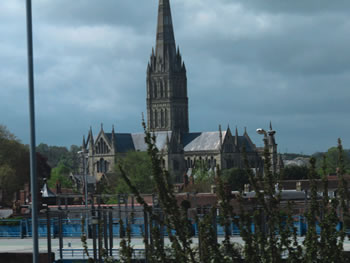 Our second glimpse is across an expanse of open lawn, when I could only stand and gape in awe at its magnificence.
Our second glimpse is across an expanse of open lawn, when I could only stand and gape in awe at its magnificence. 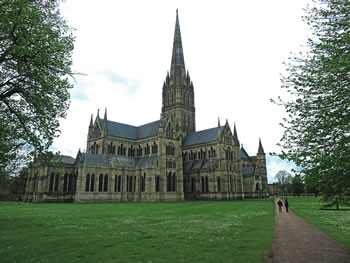
We are told that building commenced in 1220 and the church was consecrated 38 years later, in 1258. 60,000 tons of stone were required, 2,800 tons of oak and 420 tons of lead. The spire is 123 metres high, weighs 6,500 tons and was completed in 1330. All done by hand. Awesome facts.
Walking around to the entrance in the West frontage only increases the sense of awe, and once inside the length and height of the nave are truly impressive, although the stone is darker than Buckfast or Wells (see July and August issues).
What set Salisbury apart for me was the windows, which are many and varied, but all interesting to a stained glass enthusiast like me. The time records in the camera show that I was photographing them for 23 minutes before my wife and I sat in the Trinity Chapel behind the altar screen to pray before the odd window.
The window was odd because it is the only modern window in the church, installed in 1980. It was also very dark, too dark to photograph adequately with the equipment I had available.
They call it the “Prisoners of Conscience” window, and at first it just seemed to be a jumble of blue glass. Gradually I began to see small faces emerging and figures taking shape. As I was unable to photograph them, I have taken the liberty of cribbing from the Cathedral’s website so you can see them.
Afterwards, we went through the cloister to the Chapter House to view their copy of the Magna Carta, signed and sealed here in 1215, 800 years ago. The Chapter House, I found, was the most prayerful part of the cathedral, strangely silent although there was a long queue to see the copy. Circular, with bench seats around the outside, it was brilliantly lit by its own set of stained glass. I couldn’t help feeling that a great deal of prayer had gone upwards to God while those inside deliberated on the future of the Cathedral over the 750 years since it was built.
The Cathedral started life as Catholic, and has been Church of England since the Reformation, but it didn’t seem to make any difference. The information leaflet handed out states “Built to the glory of God in medieval times, this sacred space continues to inspire all who come here.” How true that is, because as I write some months later my most important memory is of singing “How Great Thou Art” to myself over and over while I was wandering around in the Cathedral.
O Lord my God, when I in awesome wonder,
Consider all the works Thy hands have made,
I see the stars, I hear the mighty thunder,
Thy power throughout the universe displayed.
Then sings my soul, My Saviour God to thee,
How great Thou art, how great Thou art.

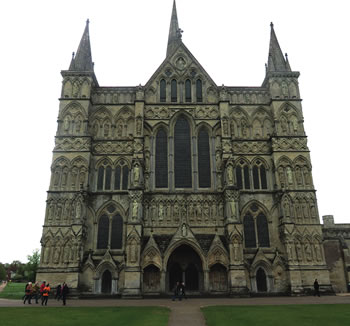
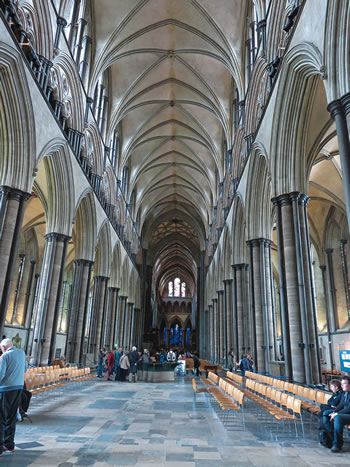
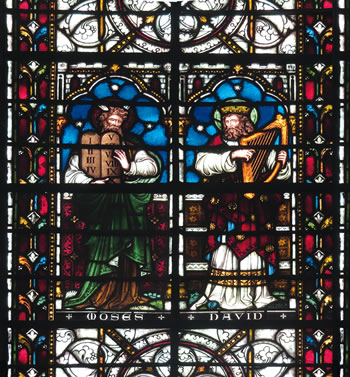
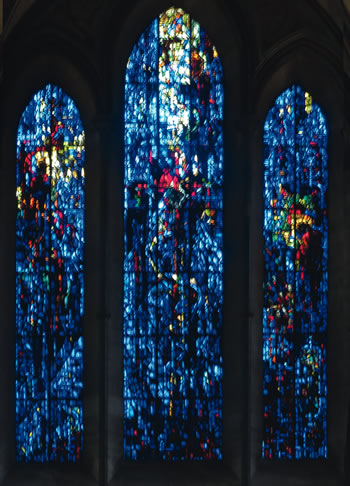
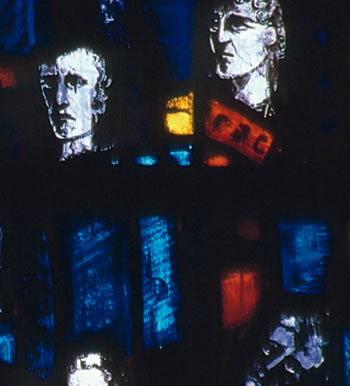
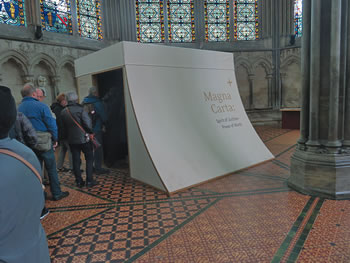
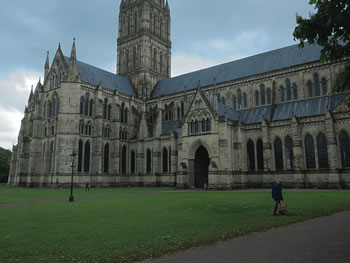
 Entries(RSS)
Entries(RSS)